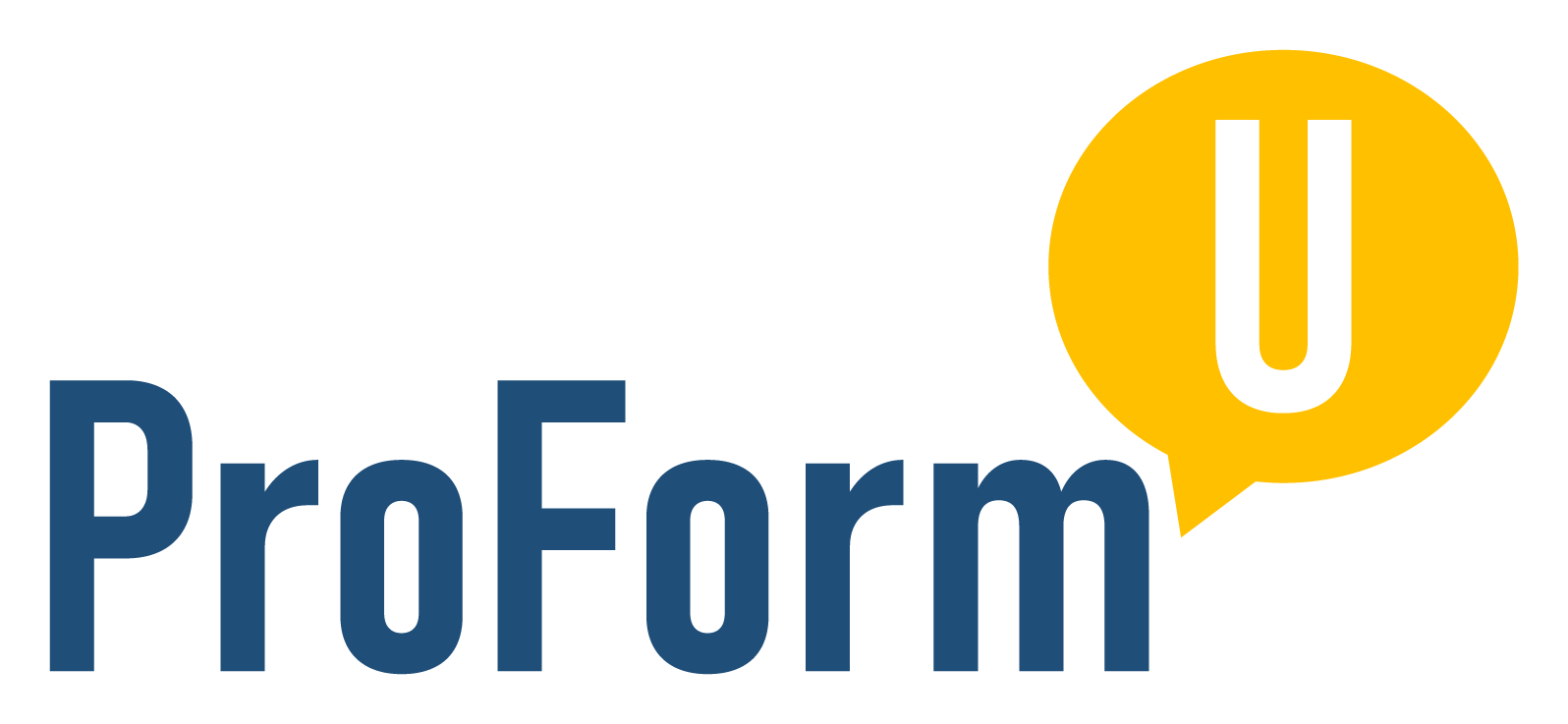I’m so glad Christopher Mele decided to write a piece on filler words in everyday conversation. I spend many hours a week reminding students and professional clients to avoid words like “like” and “cuz.”
I agree that some speakers default to filler words because they are struggling to articulate exactly what they want to say. It is a factor of fear and anxiety. In an interview context, most are concerned they will give a wrong answer or provide an answer that makes them look ” stupid.” Discussing appropriate answers that the speaker can own, feel authentic and are, in fact, true reduces the level of disfluency significantly. I also encourage speakers to replace the word “like” with the phrase “for example” and to follow with an illustrative story (typically about something they have done or not done and then learned from) that drives home their point or the skill set they claim.
I help break clients of “cuz” (and I am guilty of this disfluency myself and often need to self-correct) using a “Pavlov’s dog” approach by interjecting a simple “be” each time the “cuz” comes flying out of their mouths. Most quickly learn to self-correct.
I’m not teaching them to completely stop the default habit. After all, we are humans not robots. I teach awareness, owning your own “misspeak,” and then gracefully correcting the mistake. This ability subtlety demonstrates how the speaker handles pressure and exudes confidence in a way that the listener may not be able to articulate, but I unequivocally assure you she recognizes when she hears it. This seemingly minor interview tactic is how you distinguish yourself and improve your odds of getting the offer. Words matter.

